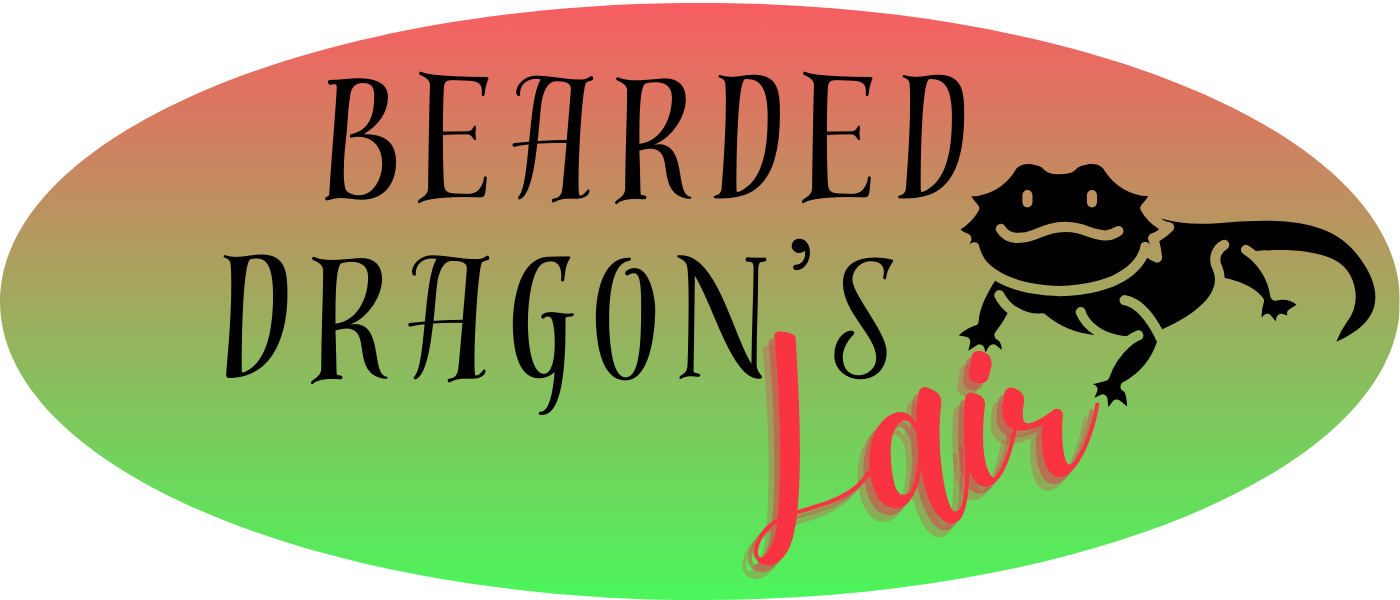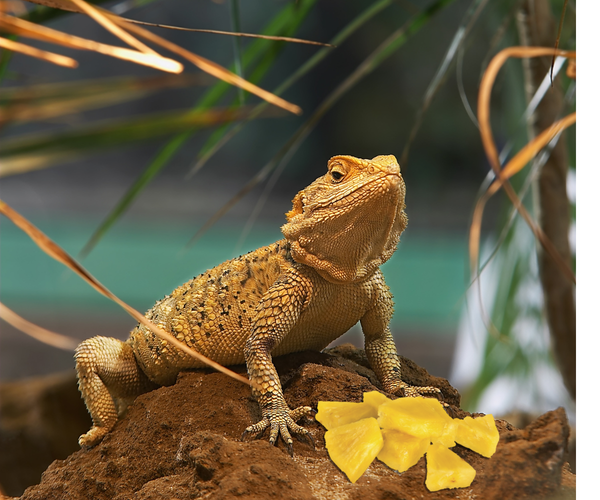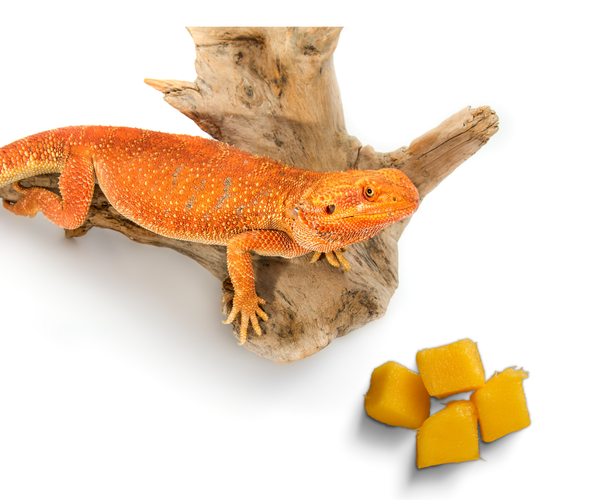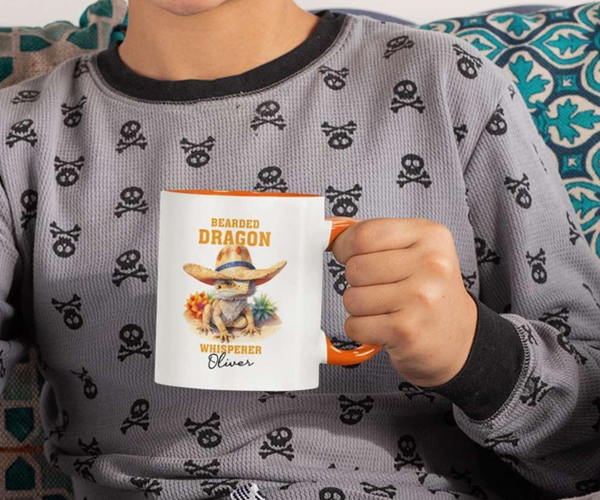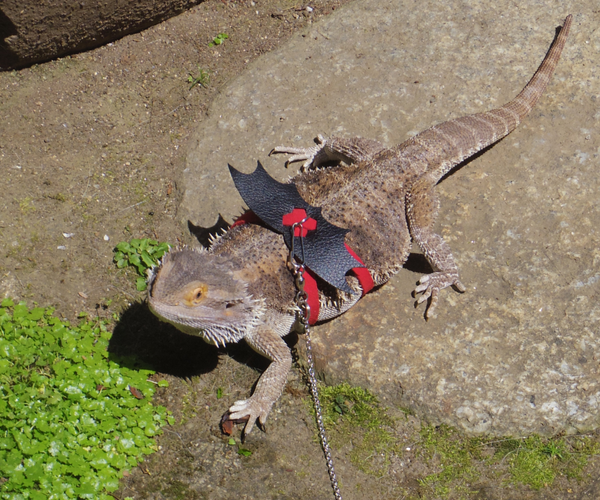Can Bearded Dragons Eat Celery?
As they mature, the focus shifts to a more plant-based diet, with vegetables becoming a significant part of their nutrition.
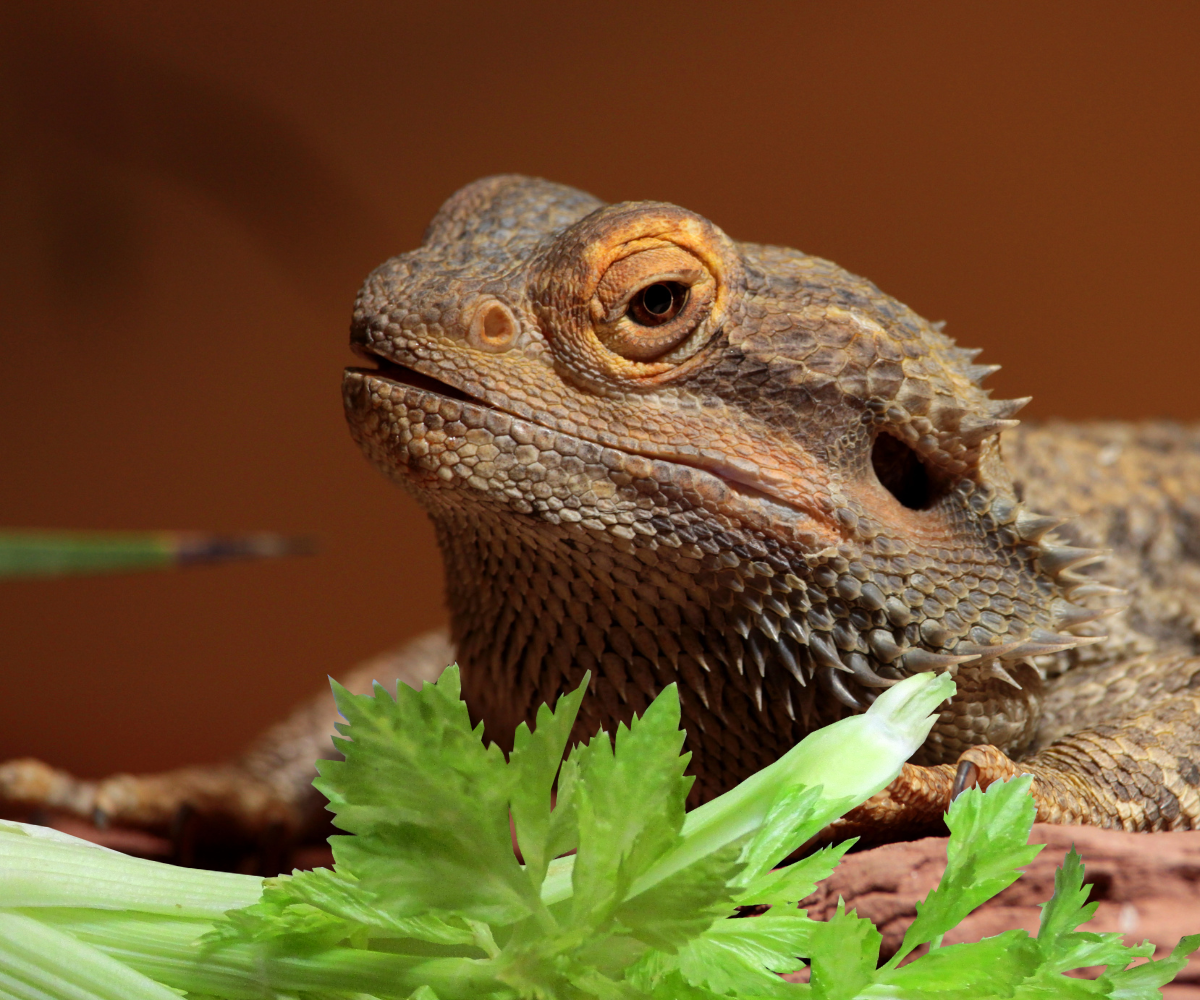
Key Takeaways:
- Bearded dragons can eat celery, but it should be given in moderation due to its high water content and low nutritional value.
- Celery must be properly prepared and chopped into small, digestible pieces to prevent choking hazards.
- Incorporating a variety of vegetables and occasional fruits into a bearded dragon's diet is essential for their health.
Bearded dragons are popular pets that require a balanced diet of insects, vegetables, and occasional fruits. Pet owners often wonder about the safety and nutritional value of certain foods, such as celery. This article delves into whether bearded dragons can eat celery and how to include it in their diet responsibly.
Understanding Bearded Dragon Nutrition
Bearded dragons have specific dietary requirements that must be met to ensure their health and longevity. Their diet primarily consists of insects when they are young, providing the protein they need for growth. As they mature, the focus shifts to a more plant-based diet, with vegetables becoming a significant part of their nutrition. However, not all vegetables are created equal when it comes to feeding your bearded dragon.
Celery, for instance, is a crunchy vegetable that is often a staple in human diets. It's known for its high water content and fibrous nature. While these characteristics might seem beneficial, they can also pose challenges for bearded dragons. It's crucial to understand the nutritional content of celery and how it fits into the broader scope of a bearded dragon's diet.
Is Celery Safe for Bearded Dragons?
The short answer is yes, bearded dragons can eat celery, but there are several factors to consider before making it a regular part of their diet. Celery is safe for bearded dragons to consume in small quantities as an occasional treat. However, due to its high water content, feeding too much celery can lead to diarrhea and hydration issues. Additionally, celery's nutritional value is relatively low compared to other vegetables, which means it shouldn't be a staple in their diet.
When feeding celery to your bearded dragon, it's essential to chop it into small, bite-sized pieces. This helps prevent choking and ensures that your pet can digest the vegetable easily. The strings in celery can also be a hazard, so they should be removed or minimized during preparation.
Preparing Celery for Your Bearded Dragon
Preparing celery for your bearded dragon is a straightforward process. First, wash the celery thoroughly to remove any pesticides or contaminants that could harm your pet. Organic celery is a preferable choice to reduce the risk of chemical exposure. Once cleaned, the celery should be cut into small, manageable pieces that your bearded dragon can easily consume without the risk of choking.
It's also important to peel away the fibrous outer layer of the celery stalks. This reduces the stringiness of the vegetable, making it safer and easier for your bearded dragon to eat. After peeling and chopping, the celery can be mixed with other vegetables to create a varied and nutritious salad for your pet.
The Nutritional Profile of Celery
Celery is known for being low in calories and high in water content. It contains vitamins such as vitamin K and vitamin C, as well as some folate and potassium. However, when it comes to a bearded dragon's dietary needs, these nutrients are present in relatively small amounts. This means that while celery can contribute to hydration and provide some vitamins, it should not be relied upon as a significant source of nutrition.
The high water content in celery can be both a benefit and a drawback. While it can help keep your bearded dragon hydrated, too much water can disrupt their nutrient absorption and lead to diarrhea. Therefore, celery should be offered sparingly and not as a primary vegetable in their diet.
Alternatives to Celery in a Bearded Dragon's Diet
To ensure your bearded dragon receives a balanced diet, it's important to offer a variety of vegetables. Alternatives to celery that are more nutritionally dense include collard greens, turnip greens, and butternut squash. These vegetables provide essential nutrients like calcium, which is crucial for bone health in bearded dragons.
In addition to these vegetables, occasional fruits like berries and apples can be offered as treats. Remember that fruits should be given in moderation due to their sugar content. A diverse diet will help prevent nutritional deficiencies and promote the overall well-being of your bearded dragon.
How Often Should Bearded Dragons Eat Celery?
Celery should be considered an occasional treat rather than a dietary staple for bearded dragons. It's recommended to offer celery once every two weeks or less, depending on the variety of other vegetables in their diet. This frequency ensures that your bearded dragon benefits from the hydration and vitamins celery provides without overconsuming it.
When introducing celery or any new food to your bearded dragon's diet, it's best to start with a small amount and observe their reaction. If they tolerate it well and show no adverse effects, you can continue to include celery in their diet at the recommended frequency.
The Importance of a Varied Diet for Bearded Dragons
A varied diet is key to maintaining the health of your bearded dragon. In the wild, bearded dragons would consume a wide range of plants and insects, providing them with a diverse array of nutrients. In captivity, it's our responsibility to replicate this variety to the best of our ability.
Offering different types of vegetables and insects ensures that your bearded dragon gets a balanced intake of vitamins, minerals, and proteins. Variety also helps prevent boredom with their food, which can lead to a more active and engaged pet. Always research new foods before introducing them to your bearded dragon's diet to ensure they are safe and beneficial.
Monitoring Your Bearded Dragon's Health
As with any change in diet, it's important to monitor your bearded dragon's health when introducing celery. Signs of good health include regular eating habits, normal bowel movements, and an active demeanor. If you notice any changes in these areas or any signs of distress, it's important to consult with a veterinarian who specializes in reptiles.
Regular check-ups with a vet can also help catch any potential health issues early on. A professional can provide guidance on diet adjustments and care to keep your bearded dragon thriving.
Summary
Celery can be a hydrating and vitamin-rich treat for bearded dragons when offered in moderation. It's essential to prepare it properly by washing, peeling, and chopping it into small pieces. While celery is safe for bearded dragons, it should not be a significant part of their diet due to its low nutritional value and high water content. A varied diet with a mix of vegetables and occasional fruits is crucial for the health of your bearded dragon. Always monitor their health and consult with a vet if you have any concerns about their diet or well-being.
FAQ Section
Q: How much celery can I give my bearded dragon? A: Celery should be given in moderation, no more than once every two weeks, and in small quantities as part of a mixed vegetable salad.
Q: Can bearded dragons eat the leaves of celery? A: Yes, bearded dragons can eat celery leaves. They should be washed and chopped into small pieces, just like the stalks, and given in moderation.
Q: What are some symptoms that my bearded dragon isn't tolerating celery well? A: If your bearded dragon experiences diarrhea, changes in appetite, or lethargy after eating celery, it may not be tolerating it well. Reduce the frequency or eliminate celery from their diet and consult a veterinarian if symptoms persist.
